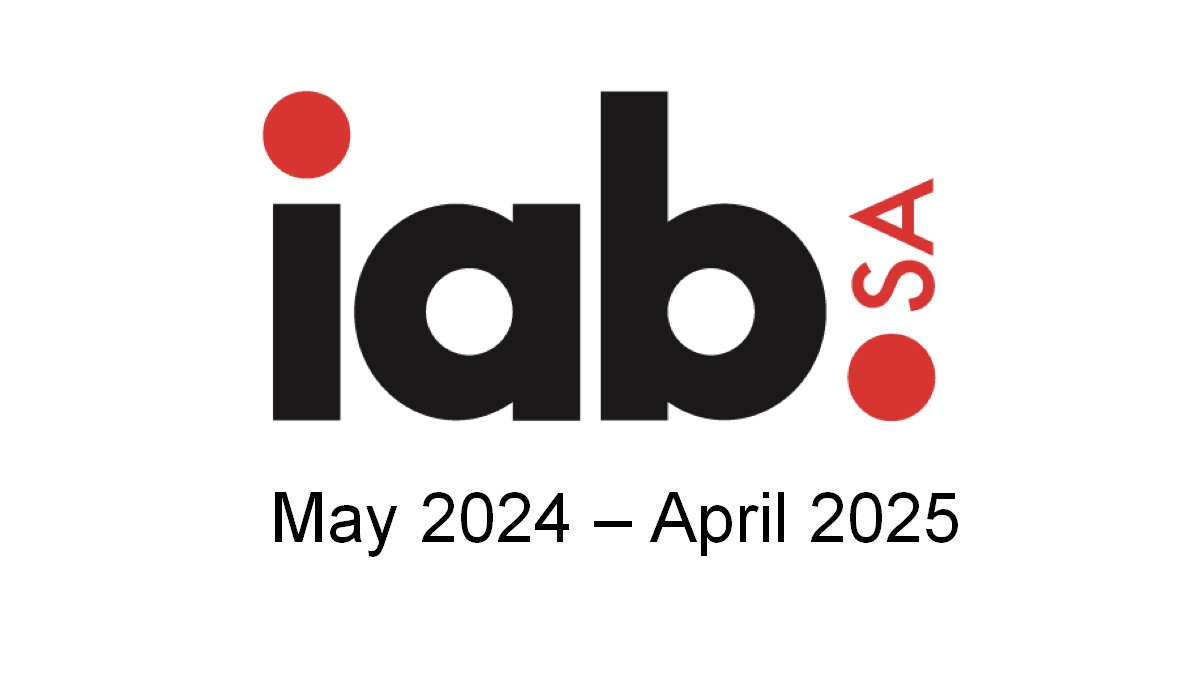The National Student Financial Aid Scheme (NSFAS) has put forward numerous policy change proposals that it hopes will, if implemented, make access higher education in the country easier, particularly for technical vocational education and training (TVET) students.
The entity, which provides financial aid to undergraduate students, said it has identified several policy changes it will introduce next year.
One of the changes is the introduction of a living allowance of R6 000 a year (distributed monthly) for TVET college students.
NSFAS also removed the 40km radius control for TVET colleges students limiting access to accommodation, replacing it with “a more equitable 10km radius” for both TVET and university students. This means students can access private accommodation as near as 10km from their institution and still qualify for the living allowance.
NSFAS will also continue discussions on the academic success criteria the entity must use when evaluating whether to continue funding students.
“In 2022 it was proposed that students pass 50% of their courses as per the course pass rate table introduced in the policy. This was an interim measure to allow NSFAS time to consult the sector and deduce the correct course credit progression rate to be implemented for university students in the 2023 academic year,” NSFAS CEO Andile
Nongogo said.
NSFAS said it estimates that projects that 337 224 students will qualify for TVET bursaries in 2023 compared to 227 110 funded in 2022.
“This is a projected 48% increase in students qualifying. This will result in a budget shortfall of R1.9-billion in the TVET sector – which will be covered in previous year’s savings. There is a need for a proper demand-led planning to enable the accurate projection of costs for TVET colleges.
“Based on the projected figures for universities, the NSFAS will require R3.5-billion to cover beginning of year allowances for three months (February to April 2023), this includes allowances for medical students that should be paid in January.”
The 2023 academic eligibility criteria requirement for university students will be implemented as follows:
- First-time students must achieve 50%+1 of their registered course credits to be funded by NSFAS in the following academic term.
- Continuing and returning students must achieve 55% of their registered course credits to be funded by NSFAS in the following academic term.
- Both sectors of students will receive a 5% inflation-linked increase in their allowances.
NSFAS also wants to tackle accommodation challenges faced by students. The entity said the 2023 eligibility criteria allows it to centralise the accreditation of private student accommodation, its grading and determination of value and costs for the listed accommodation.
“The policy aims to enforce compliance to the minimum norms and standards for students housing. The 2023 policy puts in place considered controls that allow a split of the accommodation allowance to cater for services not provided where the accommodation falls short of the minimum norms and standards,” Nongogo said.
“Universities that may want to continue with the current accommodation arrangements must apply to NSFAS to keep the status quo and continue to accredit private accommodation to NSFAS unless otherwise advised by NSFAS. It allows
NSFAS to enter lease negotiations on behalf of students and pay landlords directly.”
Nkosinathi Sishi, the director-general of the higher education department, said as part of the department’s standard process to work with the sector to prepare for the upcoming academic year’s registration process, a meeting with university registrars, finance executives, the South African Union of Students and NSFAS will be held on December 8.
“Following this meeting, the department will co-ordinate the briefings of the minister to higher education stakeholders on readiness of the department and the sector for the start of the academic year,” Sishi said.
Sishi said the department was reviewing NSFAS’s draft policy change proposal and after further engagements with the funding entity and approval but its board, it would be ratified by the minister and released to the sector by mid December.
Sishi also said the department will next year implement the NCV IT& Computer Sciences (Robotics) stream at TVET colleges. Lecturers to support the new stream are currently being trained, he said.
For more education news from Sunday World, click here.
Follow @SundayWorldZA on Twitter @sundayworldza on Instagram, or like our Facebook Page, Sunday World, by clicking here for the latest breaking news in South Africa. To Subscribe to Sunday World, click here.




